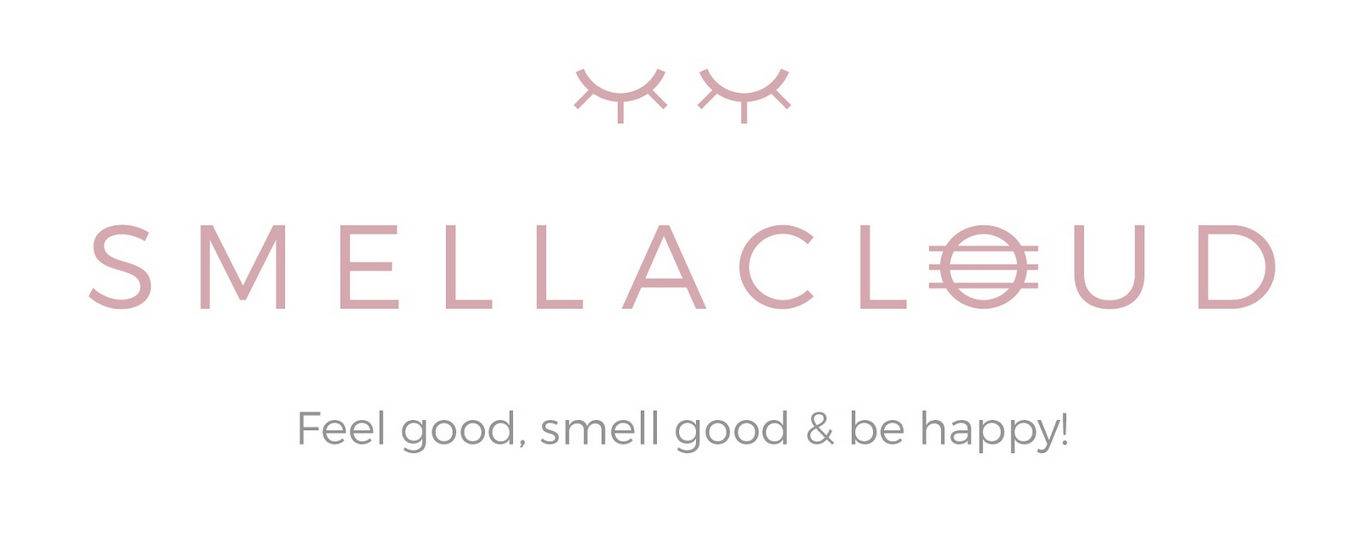7 Key Health Benefits of Essential Oils

Used for thousands of years in traditional aromatherapy practices, essential oils have long-documented benefits for your health and mental wellbeing.
From improving your sleep to helping reduce stress hormones, essential oils can be a great alternative to prescription medication when it comes to treating ailments such as mild anxiety, depression, mood instability, and even panic attacks.
In this guide, we’re going to take a look at some key benefits of essential oils, and how you can incorporate them into your everyday life for optimal results. Let’s get started!
What are essential oils?
Essential oils are natural oils that have been created with plant extracts, before being distilled or cold-pressed. They can be used either by applying topically to the skin, or by inhaling the essential oils through a diffuser.
What are the health benefits of essential oils?
While essential oils can help everything from wounds to mood swings, here are some of the most significant health benefits associated with diffusing essential oils:
Hormone regulation
If you’re always dreading that time of the month and tend to experience incredibly painful menstrual cycles, it might be due to a hormonal imbalance. Certain essential oils such as clary sage have been known to help balance the female hormone oestrogen, and may also offer relief from menstrual cramping. If you deal with painful periods, diffusing clary sage could help you to ease your symptoms naturally.
Headaches
Migraines can significantly impact your quality of living, and many migraine sufferers struggle to find prescription medication that works. If you’re frequently dealing with headaches, some essential oils such as lavender, rosemary, and peppermint have been proven to help ease symptoms and promote relaxation (don’t forget that headaches can often be caused by stress).
If you’re going to be using essential oils to combat the symptoms of a headache, make sure you dilute the essential oils with water and diffuse in a spacious room for optimal results. Note: New, persistent headaches could indicate an underlying health problem, and should always first be examined by a medical professional.
Anxiety relief
If you suffer from mild to moderate anxiety, essential oils such as lavender and jasmine have been scientifically proven to offer anxiolytic (anti-anxiety) benefits, and can help to promote calm and relaxation during an anxiety attack.
Essential oils can even help to reduce the symptoms of a panic attack, especially when diffused and inhaled using an aroma diffuser.
Better sleep
Sleep is essential for our overall well being, as well as our physical health - and in general, we don’t get enough of it. Essential oils such as lavender, ylang ylang and chamomile have all been proven to aid sleep health, which can in turn positively impact both your physical and mental wellbeing.
Essential oils help sleep by inducing drowsiness, and helping to soothe racing minds. With mild sedative benefits, an aromatherapeutic blend can be an easy way to improve your sleep and reap the benefits of a full night’s worth of uninterrupted shut-eye.
Allergies
Did you know that essential oils can even help reduce the symptoms of allergies? If you’re a chronic sneezer and sniffer during high-pollen months, essential oils including eucalyptus, sandalwood and lemon can all help to reduce your symptoms by reducing inflammatory responses in the body.
Colds and coughs
During the chillier months, essential oils can be a great ally in your fight against catching a winter cold. Essential oils such as peppermint and eucalyptus are antibacterial, which means that they can kill germs and bacteria when diffused in an indoor space.
And if you already have a cold, essential oils can still help you out! Certain oils are great when it comes to decongesting blocked noses and airways, such as chamomile and tea tree oil, and lemon oil can also even help reduce cough symptoms.
Wound healing
Aside from all the health benefits that you can enjoy when you diffuse and inhale essential oils, you can also help to speed up physical ailments, too. By applying essential oils like lavender and tea tree oil to the skin, you can help to speed up wound healing on cuts and grazes, while also helping to prevent infection.
You can even use peppermint, eucalyptus, and ginger oils to help speed up muscle healing and soothe muscle tension after injury or exercise.
Key takeaways
While essential oils can’t ever replace the need for developed medicine, aromatherapy has been practised for thousands of years, and its health benefits have been long established in scientific journals. To get the most out of your essential oils, we’d recommend finding a blend that works best for your needs and inhaling your oils safely using an aroma diffuser.


